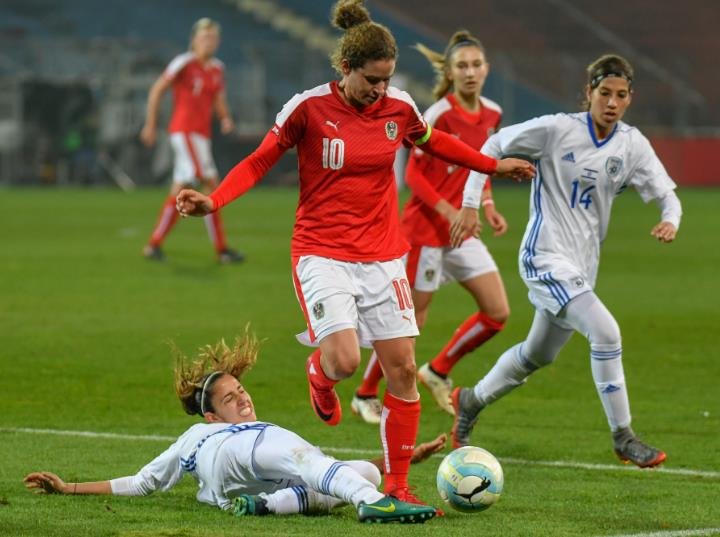The sports world is abuzz with controversy following FIFA’s recent sponsorship agreement with Saudi-owned oil giant Aramco. Over a hundred female soccer players have voiced strong opposition, labeling the deal as a “middle finger” to women’s soccer. This backlash highlights deep-seated tensions between sports governance and social activism. The debate continues to unfold, raising important questions about the future of women’s sports and corporate partnerships.
Athletes Speak Out Against Sponsorship
Many top female soccer players have publicly criticized FIFA’s decision to partner with Aramco. They argue that the sponsorship undermines the progress made in women’s sports and sends a negative message to aspiring athletes.
- Concerns Over Human Rights: Players highlight Saudi Arabia’s record on women’s rights and LGBTQIA+ issues.
- Impact on Image: The partnership is seen as tarnishing the reputation of women’s soccer globally.
- Call for Action: Athletes are urging FIFA to reconsider and prioritize ethical sponsorships.
These voices are gaining traction, putting pressure on FIFA to address the concerns raised by the sporting community.

Saudi Arabia’s Growing Women’s Soccer Scene
While the backlash focuses on Saudi Arabia’s human rights issues, the country’s own women’s soccer scene is experiencing significant growth. The 2024-2025 semi-professional season showcases over 200 players from 20 nations, signaling a positive shift in the region.
| Aspect | Details |
|---|---|
| Number of Players | 200+ players from 20 nations |
| Teams Participating | 10 teams in the senior level |
| Matches Played | 90 matches in the season |
| Youth Engagement | 77,000 girls playing at schools nationwide |
This expansion not only promotes sports but also empowers women, challenging traditional norms and fostering inclusivity within Saudi society.
What Does This Mean for the LGBTQIA+ Community?
The sponsorship deal has raised alarms about the potential impact on LGBTQIA+ players. Saudi Arabia’s strict laws against same-sex relationships pose a threat to athletes who identify with the community.
Imagine LGBTQIA+ players, many of whom are heroes of our sport, being expected to promote Saudi Aramco during the 2027 World Cup, the national company of a regime that criminalises the relationships that they are in and the values they stand for. This scenario creates a conflict between personal identities and professional obligations, leaving players in a difficult position.
Moreover, the inclusive agenda of women’s soccer globally contrasts sharply with the conservative stance in Saudi Arabia, highlighting the complexities of international sports partnerships.
